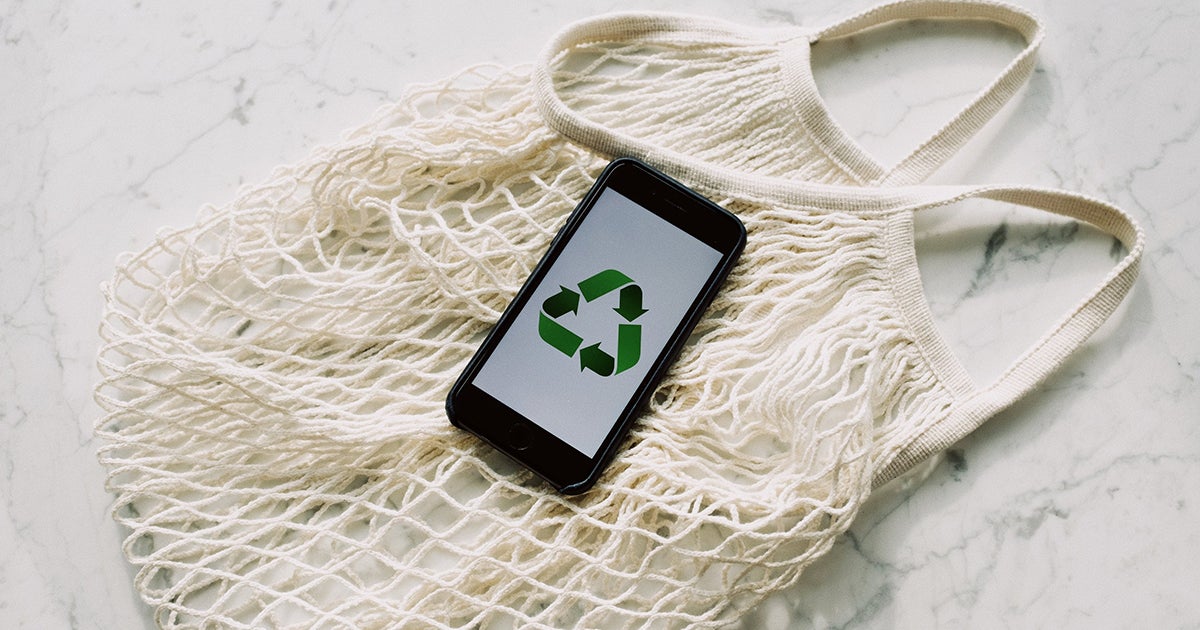Our society is becoming more and more eco-aware. With the threat of climate catastrophe and the growing importance of environmental education, we want to do more to protect our environment and live as sustainably as possible. Ecology be praised!
With changing social norms and the growing popularity of less- or zero-waste lifestyles, not only do individuals try to change their old, non-ecological habits; so do companies of all sizes.
What could go wrong, you could ask. Well, theoretically it sounds like a very praiseworthy initiative. However, the reality leaves much to be desired. Many companies, instead of making a real change, engage in a shady practice known as greenwashing.
Consequences of Greenwashing
What’s greenwashing? It is a practice of investing more time and money on marketing the products or brands as “green” rather than actually doing the hard work to ensure that it is sustainable. This misleading propaganda tries to promote the perception of environmental friendliness just to increase profits.
In our hyper-consumption societies, it is always better to think twice when you hear businesses and organisations boasting about their eco-aware activities and sustainable initiatives. More often than not, companies use these slogans to drive the attention of potential customers and deceive them into thinking that by supporting them, buyers can actually “make the change” and “save the Earth”.
Don’t get me wrong. I don’t think that all of that is deliberate. Of course, some greenwashing is unintentional and results from a lack of knowledge about what sustainability truly is. However, intentional or not, it still is misleading and unhelpful to sustainability initiatives. Moreover, these ill-oriented initiatives not only do nothing to help the great cause, but they also distract well-intentioned customers’ attention from valuable enterprises. It prevents companies that are truly green from gaining recognition and also undermine their credibility.
No Time For Eco Myths
As I said before, eco-awareness is growing and more and more organisations and individuals are opting for sustainable designs and zero waste living practices. It’s more important than ever to be able to, as a consumer and a seller, quickly identify examples of greenwashing, avoid them and replace them with ecological practices.
Thankfully, there are tools, such as life cycle assessment, which allow us to fully understand the consequences of our initiatives and ensure that the claims we make are validated and supported by facts.
That’s why, to ensure sustainability in our organisations, we should pay so much attention to life cycle thinking. Many companies which got caught greenwashing had little or no knowledge about the environmental impacts of different materials and activities. They consequently ended up making false claims and assumptions about what truly is sustainable and tricking their customers into believing that they do the right thing.
Go Green
Greenwashing is all about misdirection. It overtakes valuable space in the fight against significant environmental issues such as climate change or plastic pollution.
That’s why, as the owner of the company, you should make sure that the initiatives undertaken by your organisation can truly support the protection of the environment.
Ecology should not be a PR stunt!
